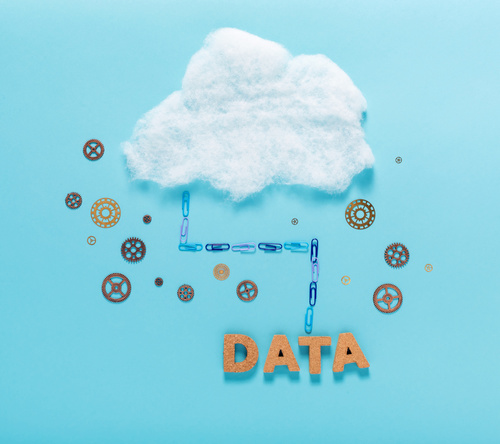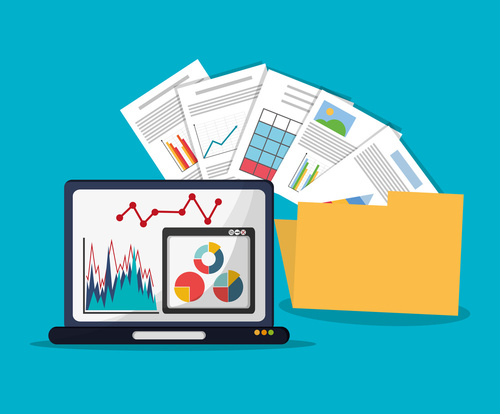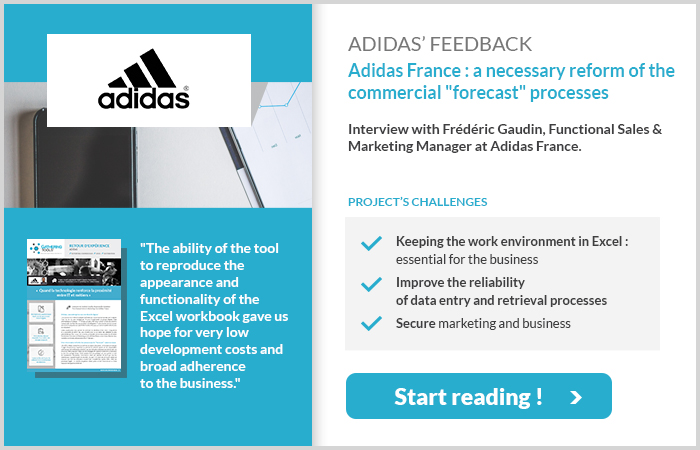 Today, more than ever, data quality is at the heart of business concerns. In a universe where Big Data is more and more important, high-quality data is becoming worth gold. However, there is still a lot of work to be done: according to a survey conducted in November 2016 for Experian*, 92% of companies do not trust their data. For these same companies, the average share of the data estimated as inaccurate would be 27%! How do CIOs deal with these issues? What are the methods used?
Today, more than ever, data quality is at the heart of business concerns. In a universe where Big Data is more and more important, high-quality data is becoming worth gold. However, there is still a lot of work to be done: according to a survey conducted in November 2016 for Experian*, 92% of companies do not trust their data. For these same companies, the average share of the data estimated as inaccurate would be 27%! How do CIOs deal with these issues? What are the methods used?
Data Governance: Practices Today
The data is valuable; it provides the insights that are relevant to the development and monitoring of the strategy. Companies are now fully aware of this. Thanks to the evolution of technologies, the volumes of data that are largely collected, grow exponentially. Data is collected everywhere, all the time. But, we are very late to pay attention to its relevance or its validity.
 When the data management processes are formalized, the processes established in companies, are not always adapted to the new stakes associated with data management. For 41% of companies worldwide, it is difficult to obtain consistency in data management processes across different departments (according to the study “Data and Enterprises in 2017: a complete diagnosis” for Experian ).
When the data management processes are formalized, the processes established in companies, are not always adapted to the new stakes associated with data management. For 41% of companies worldwide, it is difficult to obtain consistency in data management processes across different departments (according to the study “Data and Enterprises in 2017: a complete diagnosis” for Experian ).
The problem is that the longer we spend time getting quality data, through multiple and time-consuming checks, the more valuable it becomes. Moreover, as a CIO, you know better than anyone else: you cannot control everything (see our article “Excel: the centerpiece of shadow IT“). The diversity of applications managing data is growing one year after another and the congestion within the Information System is increasing. The solution is, therefore, to put in place a preventative policy of data quality at the source.
What if you expand the perimeter?
Rather than waiting for the catastrophic mistake that will cost tens of thousands of dollars/euros to the company, and for which the CIO will be considered responsible of, it is better to deal with the problem from its early stages. Efforts are focused on applications connected to the Information System such as CRM, ERP, treasury software, or inventory management. Unfortunately, these tools are often powered by Excel files, whose production is beyond your control. For example, how many ETL import processes fail due to data quality issues in the source spreadsheet? According to the famous saying “Garbage in / Garbage out”, you will be able to supervise your applications in detail, if the base of your incoming data is bad, you will not be able to improve the overall situation.
 Therefore, It would be beneficial to extend your scope of action to these source files at the beginning of the process. Thus, you could greatly reduce errors throughout the chain. The ultimate solution would be to connect these processes to your Information System to ensure data quality throughout their lifecycle.
Therefore, It would be beneficial to extend your scope of action to these source files at the beginning of the process. Thus, you could greatly reduce errors throughout the chain. The ultimate solution would be to connect these processes to your Information System to ensure data quality throughout their lifecycle.
Thanks to Gathering Tools, it is possible to replace the processes executed in Excel by a very light application while preserving the layout and the functionalities of the existing process. The user is not affected by the changes and you will gain security and control over your data. For example, you can create technical rules to prevent a file from being sent if the information it contains is incorrect. It is also possible to set up validation workflows to add manual quality control before data integration.
At a time when the value of a business is increasingly dependent on the value of its data, where more and more organizations are opening a Chief Data Officer (CDO) position, data governance will become a key issue for CIOs. It is, therefore, necessary to keep in mind that it is always important to manage the quality of data at the source. Fortunately, it is not always necessary to invest in solutions with several hundreds of thousands of euros, to implement it because they require a radical transformation of business processes. Thanks to Gathering Tools, you have an efficient and quick access to your inaccessible data!
*http://www.experian.fr/ressources/actualites/cp-livre-blanc-donnees-et-entreprises-en-2017.html





